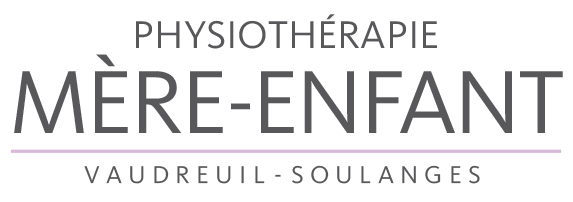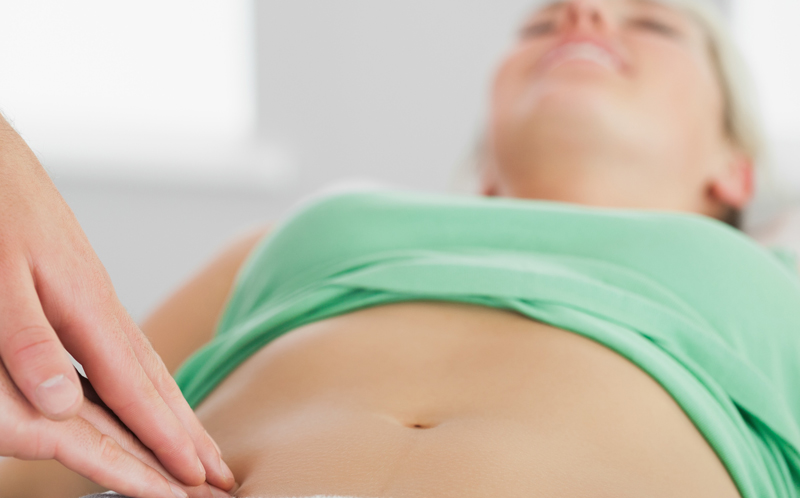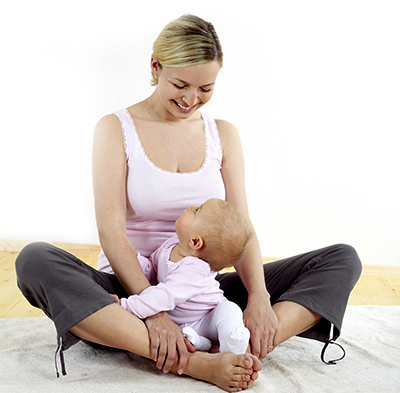Perineal and pelvic rehabilitation
Pregnancy and childbirth can be rough on our body! Perineal and pelvic rehabilitation is an approach of physiotherapy which mainly deals with dysfunction of the pelvic floor musculature.
Women consult during pregnancy and after childbirth, but, sometimes, also a few years after.
Once the physiotherapist, following physical and gynecological (if necessary) assessments, has identified the anatomical structures that are affected, she may make different interventions. She can perform with you, among other things, strengthening, coordination, endurance and flexibility pelvic floor muscles exercises, provide you information to better understand your problem, use manual techniques or use some devices, such as biofeedback and neuromuscular stimulation.






